Holistic Concept of Chinese Medicine — True Health and Harmony Can Be Achieved through Traditional Chinese Medicine’s concepts of body, mind
Unlike in the West where older methods were generally tossed away, especially as technology became more commonly used for diagnostic and treatment purposes.
For example, a Western medical doctor rarely if ever feels the pulse of a patient or looks into the mouth to identify a particular type of sore throat. While acupuncture and herbal medicine may be the top two of the eight branches of Chinese Medicine to be integrated into the Western paradigm, Bodywork (Tui Na), Movement (T’ai Chi, Qi Gong), Meditation, Diet and Nutrition, Feng Shui, Astrology and Cosmology (living in accordance with nature) are all finding their way back into modern medicine, as more research is being done using more of the Western model.
A Chinese medicine practitioner in the United States would most likely have the most formal training in acupuncture, herbal medicine and body work. Many will have at least a basic grasp of the other branches, while some will have a deeper understanding.
Depending on the expertise and experience of the practitioner there are different methods one can use to reach a diagnosis and treatment plan. For example, the four examinations of
I. looking, II. listening and smelling; III. asking and IV. touching can reveal much of the information necessary to understand the patterns the patient is presenting from the perspective of the body, mind and spirit simultaneously.
The causes of disease are generally thought to be due to internal causes, external causes and lifestyle or situational causes. Internal causes are how the emotions affect the body, external causes are how our bodies react and interact with different weather / climates and lifestyle / other causes include diet, exercise, sexual activity, over exertion, trauma, parasites, and poisons.
As in the East the ancient civilization of the West also recognized emotions, climate, and lifestyle factors when diagnosing and treating patients.
Ancient Greece, being one of those civilizations also recognized the connection between the body, mind and spirit. Hippocrates, who is considered the father of Western medicine, spoke of things like food as medicine and first doing no harm. However, despite modern physicians reciting the Hippocratic Oath at their medical school graduations most of the ancients methods were discarded for a more mechanical, post industrial revolution approach to the body and its ailments.
Even the East in some respects discarded many of the ancient ways as Western medicine demonstrated many effective and repeatable treatments and diagnostic methods.
I’m passionate about at least five of the eight branches of Chinese medicine and have developed many tools to help people with healing from diseases rooted in emotions and traumas as well as those affected by climate and lifestyle habits.
Through my own personal experiences with healing and through working with thousands for over three decades, I have grown to appreciate the power of the mind, body
Learn a fusion of Eastern and Western methods to nourish, heal, and transform yourself with Acudragon® Wellness System creator William J. Kaplanidis.

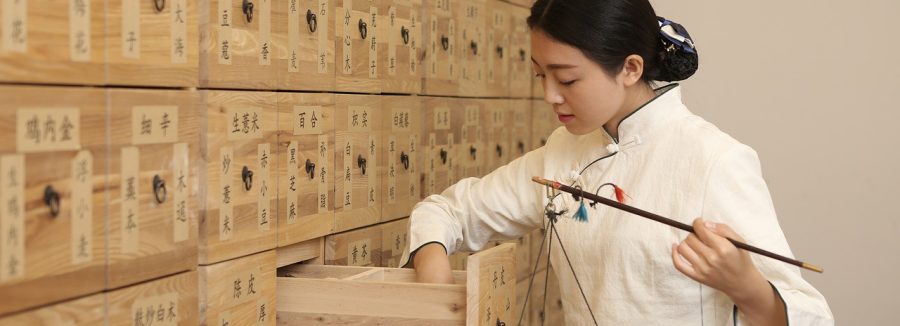

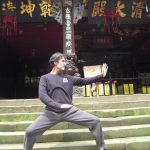
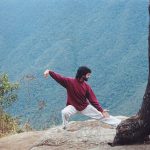



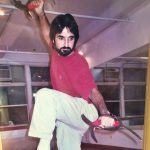



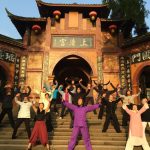


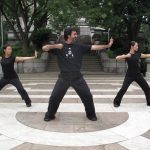
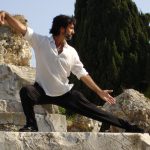




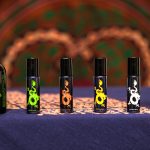
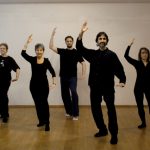
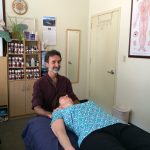

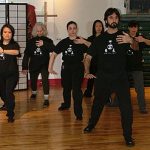
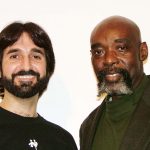
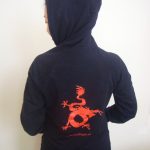



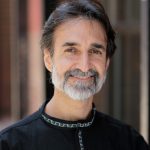


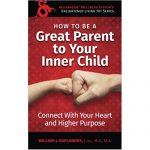

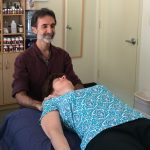





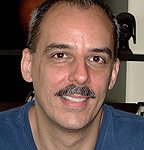
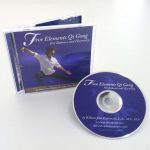
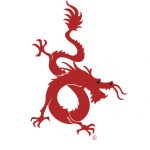


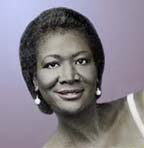
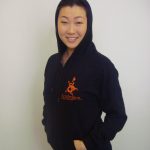
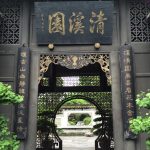
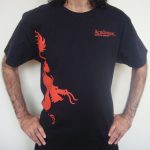


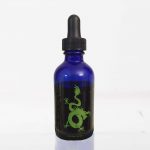
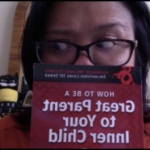

Leave a Reply
Your email is safe with us.
You must be logged in to post a comment.